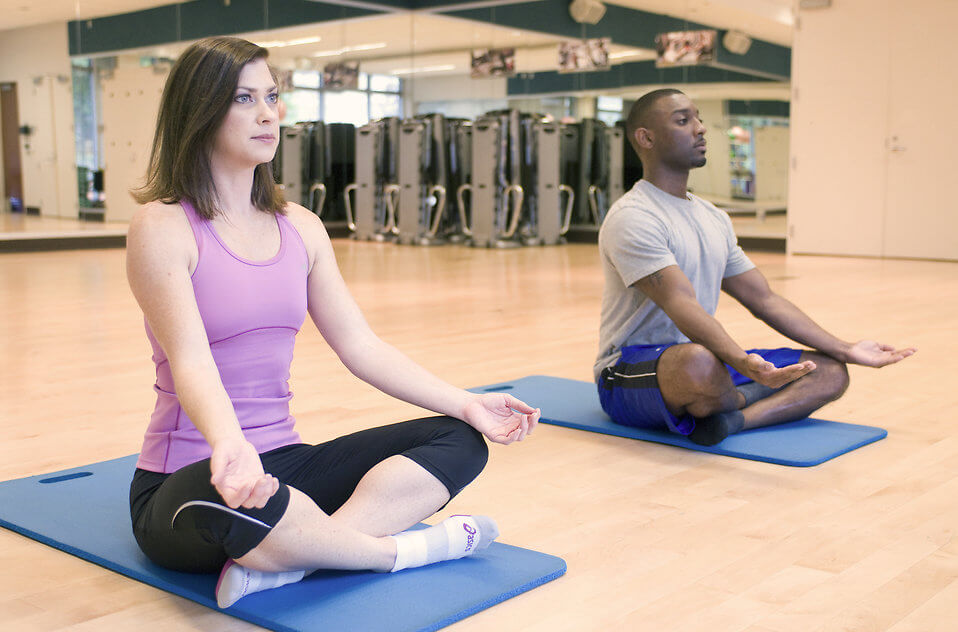One of the common ideas expressed in recovery concerns learning how to “live life on life’s terms.” For many people struggling with addiction, drugs or alcohol were the primary coping mechanism that was turned to in order to deal with any challenge life proposed.
In recovery, it is critical for a person to develop new coping mechanisms in order to deal with these challenges as they are all but certain to arise. For many people, it can be incredibly difficult to find effective coping mechanisms, but several options exist.
One of the most common coping mechanisms is the creation of a social support network. For many addicts, support groups offer an invaluable way to meet new people in similar situations who can very much relate to what the person in recovery is going through.
Rekindling old friendships can help a person regain a sense of belonging and provide a helpful ear during tough times. Similarly, support groups allow those in recovery to meet new people, make new friendships, and promote greater accountability.
While developing a larger circle of contacts is certainly beneficial, people in recovery also need to develop other coping mechanisms to assist them when contacts may be unavailable. In such cases, certain spiritual practices can prove to be invaluable.
Prayer certainly proves beneficial, but those who are reluctant to engage in prayer may still be able to benefit from meditation. Dan Harris, the ABC News correspondent who authored the book “Meditation for Fidgety Skeptics: A 10% Happier How-to Book” following his on-air panic attack, has stated that a growing body of scientific evidence strongly suggests meditation can provide numerous health benefits, from lowering blood pressure to improving self-awareness.
For many people in recovery, some of the most effective coping mechanisms are new activities to replace the old habit of using. The activities that are best for replacing the former bad habits can vary depending on the individual’s interests.
For example, some people in recovery may take up new activities or rediscover old passions such as cooking, playing golf, or gardening. Some people may prefer those activities that require more physical exertion such as bicycling, while others might prefer new activities that are more relaxing such as reading.
Another especially common coping mechanism for those in recovery is simply indulging in their sweet tooth. Sweets such as candy or ice cream can prove to be enormously beneficial and a reliable crutch to overcome drug or alcohol cravings.
Asana Recovery understands the great difficulty that people in recovery face while trying to become clean or sober. Our team is experienced in addiction recovery and can work with you throughout your recovery to discover the best coping mechanisms to most effectively help you avoid a possible relapse.
If you or your loved one is struggling to overcome drug or alcohol addiction, you should contact Asana Recovery as soon as possible. Our admissions counselors are available 24 hours a day, seven days a week to answer your call and talk to you when you decide you need help. Call (949) 438-4504 right now to begin the admissions process and let our staff help you take the first step in the rewarding journey of recovery.



